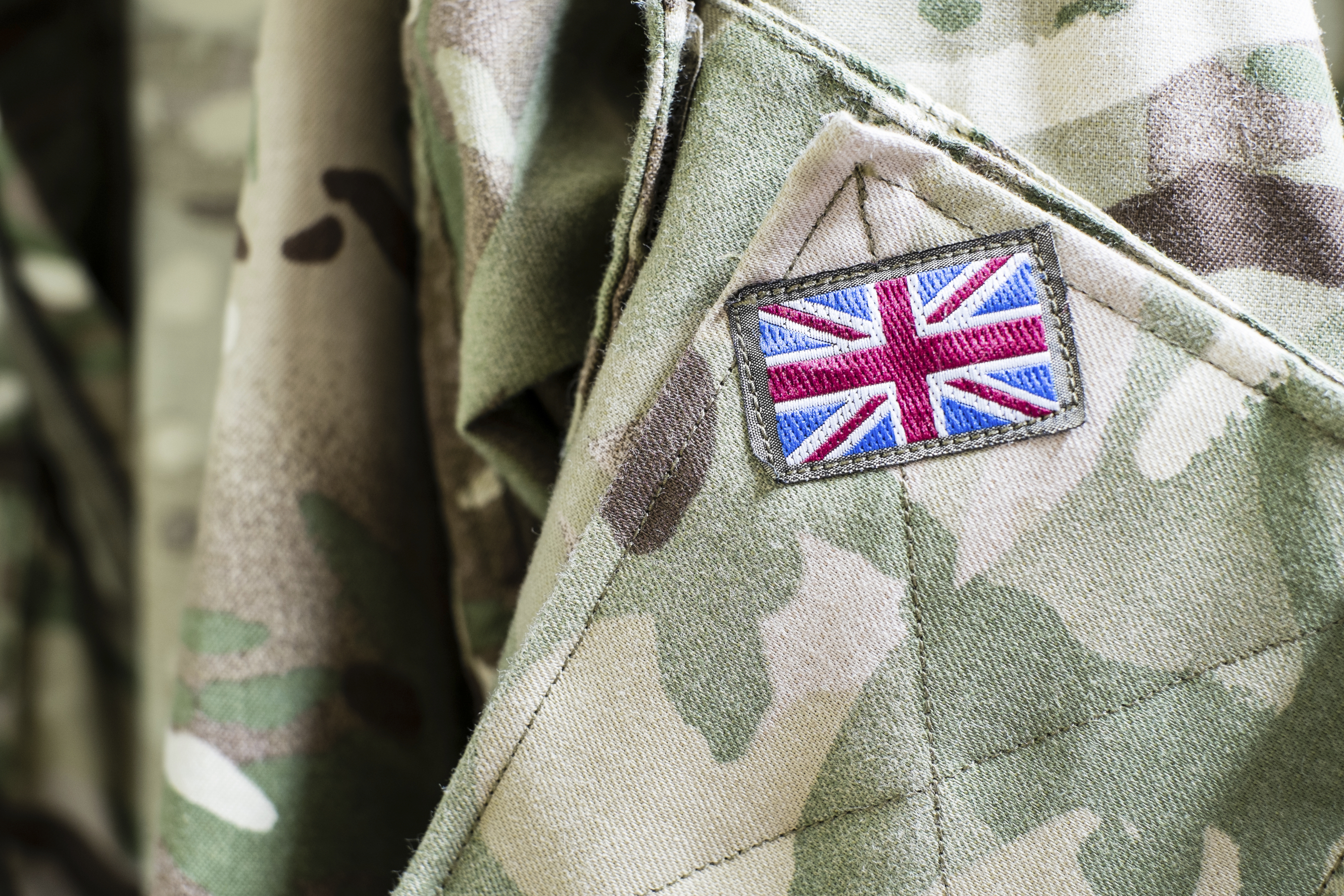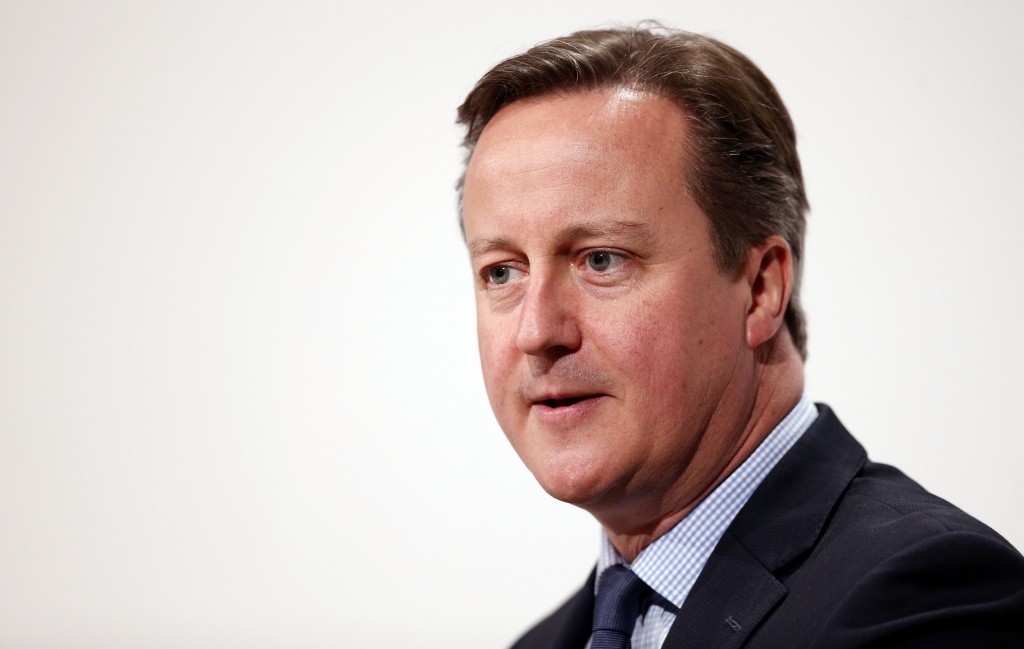
HUNDREDS of British troops are to be deployed to eastern Europe as part of a show of strength by Nato in the face of an increasingly assertive Russia.
At the Nato summit in Warsaw, David Cameron will announce the deployment of a 500-strong battalion to Estonia with a further company of 150 troops to be stationed in Poland “on an enduring basis”.
Britain is also to take over the leadership of the Nato Very High Readiness Joint Task (VJTF) from next year with 3,000 troops in the UK and Germany on standby to move with as little as five days notice.
The move comes amid continuing concerns among the Western alliance regarding the intentions of President Vladimir Putin following Russia’s annexation of Crimea from Ukraine in 2014.
But it will also be seen as a signal of Mr Cameron’s determination that Britain should continue to play a leading role on the world stage in the wake of last month’s referendum vote to leave the EU.
“This will be a summit where you will see Britain assert itself as one of the most crucial elements in the Nato alliance,” one official said.
“Not only are we going to be steadfast in our support of Nato, but we are prepared to back that up with boots on the ground.”
The Prime Minister will also use his attendance at what will be his final Nato summit to underline the importance of Britain’s continuing commitment to meet the alliance target of spending 2% of GDP on defence, as it seeks to persuade more member states to match the commitment.
His intervention is likely to be seen as being aimed as much at whoever wins the Conservative leadership race to succeed him in No 10 when he stands down in September as it is his fellow Nato leaders.
“There can be no backsliding on this issue,” a Government source said.
“The PM is very clear that the 2% commitment is absolutely crucial to Nato going forward.”
The deployment of British troops to Estonia and Poland forms part of a wider commitment by the alliance to station four new battalions, totalling around 4,000 personnel, on its eastern flank.
Britain is also to extend the deployment of the four RAF Typhoon fighters with the Baltic Air Policing Mission – which had been due to end in August – as well as taking over the rolling 12-month leadership of the 5,000 strong VJTF from the start of next year.
The 20th Armoured Infantry Brigade will provide the land headquarters and there will be an armoured infantry battle group from the 1st Battalion The Princess of Wales’s Royal Regiment – with Challenger 2 tanks and Warrior armoured fighting vehicles – and a light infantry battle group from the 1st Battalion Grenadier Guards.
The moves are intended to underline the alliance’s commitment to the collective defence of all its members – including the Baltic States of Latvia, Estonia and Lithuania, which, like Ukraine, have significant Russian-speaking minorities as well as acting as a “trigger” in the event of any aggression.
Nato Secretary General Jens Stoltenberg said Russia had tripled its defence spending since 2000 as well as having used force against an independent European nation – Ukraine.
“This has really changed our security environment. Nato has to respond. When the world is changing, we have to change,” he said.
READ MORE
Chilcot Report: The key points at a glance
Army blasted for £72 million advertising spend while making troops redundant

Enjoy the convenience of having The Sunday Post delivered as a digital ePaper straight to your smartphone, tablet or computer.
Subscribe for only £5.49 a month and enjoy all the benefits of the printed paper as a digital replica.
Subscribe